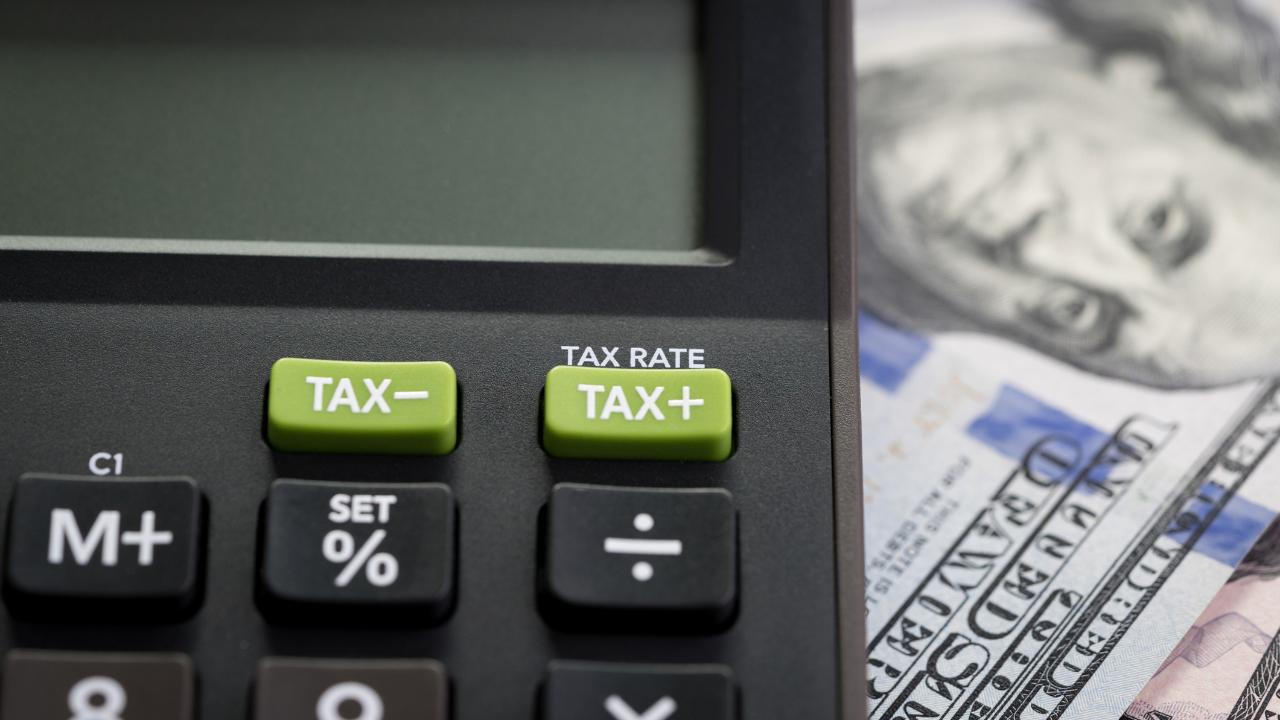IRS turns to tech in tax-cheat crackdown
Artificial Intelligence is being introduced to augment the agency’s enforcement capabilities
The IRS may be dealing with a shortage of staffers – but it is still hoping to crack down harder on tax evaders.
The solution? New technology.
In a speech this week at the University of California, Irvine, IRS Commissioner Charles Rettig said the agency is using artificial intelligence to increase compliance, as reported by The Wall Street Journal.
IRS SAYS 31% OF ITS WORKERS TO RETIRE IN FIVE YEARS
The agency recently announced it would be increasing home visits for non-compliant, high-net-worth individuals – and technology helped identify them.
“How do you think we found these people?” Rettig said, as reported by The Journal. “It wasn’t on filed returns. These are non-filers. There is a heat map that says where there are concentrations of these people. We have sufficient data on these people.”
Geoffrey Weinstein, special counsel in the Tax, Trusts & Estates Department of the law firm Cole Schotz, told FOX Business it is notable the initiative is specifically focused on high-income individuals.
TAX SEASON 2020: THE IRS' BIGGEST PROBLEMS AND HOW THEY MAY AFFECT YOU
“The intention of home visits is to gain direct communication with the high-net-worth delinquent taxpayer [and] to increase the pressure to pay by, in addition to the taxpayer, putting others such as spouses, neighbors or relatives on notice as well,” Weinstein said.
That is one way the IRS can augment its enforcement reach and potentially work toward closing the tax gap – targeting those who are likely to owe the agency more.
The agency is also said to be using artificial intelligence to test which formal notices and contacts will prod taxpayers to send owed money and to identify potential fraud cases.
CLICK HERE TO GET THE FOX BUSINESS APP
Using technology to supplement the agency’s compliance efforts could be particularly impactful at a time when resources have been declining.
The IRS revealed that it audited just 0.45 percent of individual returns in fiscal 2019. As previously reported by FOX Business, the IRS audited 0.59 percent of individual tax returns, or about 892,000 returns in fiscal 2018 – fewer than the year prior when audits were at their lowest level since 2002. Rates for high-income earners (with adjusted gross income exceeding $10 million) fell to 6.66 percent, from more than 14 percent the year prior. That is the lowest level since at least 2008 when the tax agency began reporting the data.
The agency’s budget fell by about $2.6 billion between fiscal 2011 through 2019. Staffing has been reduced by nearly 30,000 positions over the same time period.
Despite dwindling funding and staff levels, Rettig said in testimony before lawmakers last year that he wants to work with Congress to focus audits on wealthier taxpayers.




















